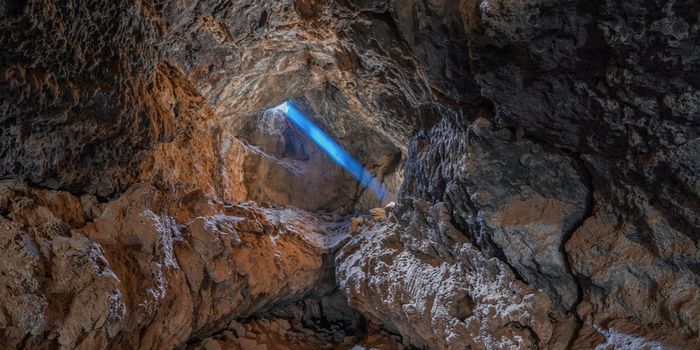Advancing Weather Predictions
Today, we depend on powerful computers to make the most accurate predictions of our coming weather. However, these computers go through data churning at high speeds. Now, a research collaboration between the University of Washington and Microsoft has shown how artificial intelligence (AI) can analyze weather patterns more effectively and can potentially revolution weather predictions in the future.
"Machine learning is essentially doing a glorified version of pattern recognition," said lead author Jonathan Weyn, who did the research as part of his UW doctorate in atmospheric sciences. "It sees a typical pattern, recognizes how it usually evolves and decides what to do based on the examples it has seen in the past 40 years of data."
Learn more about weather predictions:
"There's so much more efficiency in this approach; that's what's so important about it," said author Dale Durran, a UW professor of atmospheric sciences. "The promise is that it could allow us to deal with predictability issues by having a model that's fast enough to run very large ensembles."
"After training on past weather data, the A.I. algorithm is capable of coming up with relationships between different variables that physics equations just can't do," Weyn said. "We can afford to use a lot fewer variables and therefore make a model that's much faster."
Source: Science Daily









